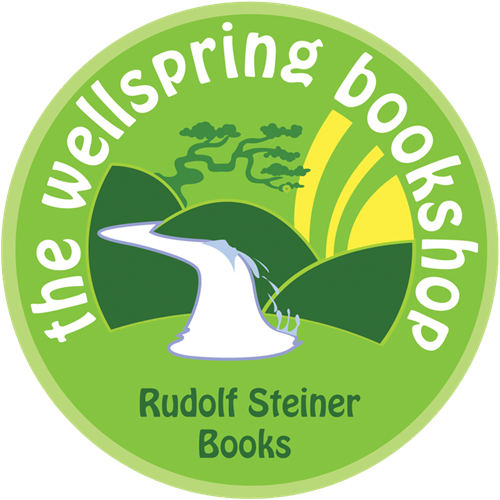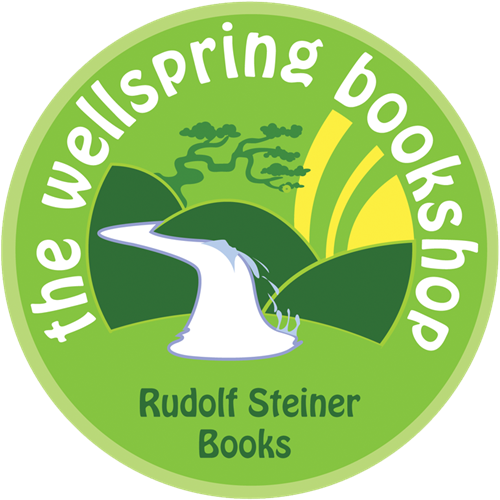At the Dawn of a New Consciousness
Art, Philosophy and the Birth of the Modern World
The Italian Renaissance is considered by many to mark the beginning of the modern age, the name itself - literally meaning 'rebirth' - accurately expressing the innovation that took place during this period. Renaissance thinkers took a vital interest in history, literature and the arts, focusing on the human world as much as, if not more than, that of God; and the rapid development of the arts and sciences reflected their study of the visible, physical world in all its three-dimensional glory. The source of these new impulses, says Bernard Nesfield-Cookson, is to be found in what Rudolf Steiner referred to as the birth of 'the consciousness soul' - the faculty for 'objective self-awareness'.
Instead of a primarily inward-looking consciousness, people began looking outwards with greater intensity, observing the world around them in detail. Conscious of their separate being, they began to study the phenomena of the world of nature from an individual, personal standpoint. In this enlightening book, illustrated with 16 pages of colour plates, the author illuminates the concept of the consciousness soul by showing how it is reflected in fifteenth-century Florentine painting, sculpture and architecture, as well as in the impulses issuing from Plato's Academy of Athens.
Publisher: Temple Lodge
Format: Paperback

